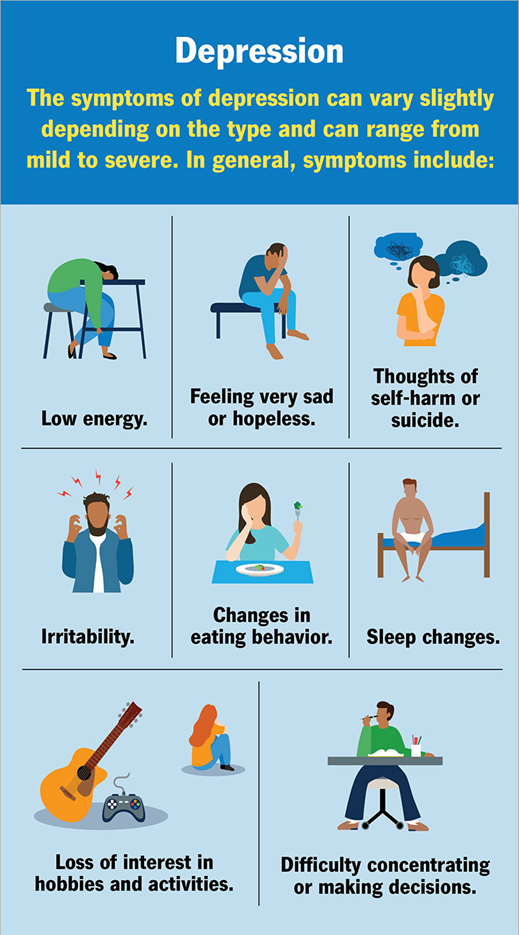A nurse is caring for an adult client who has been placed in physical restraints due to aggressive behavior. Which of the following actions should the nurse take?
Have a staff member check on the client every 30 minutes.
Assess the client's need for toileting every 15 minutes.
Ask the provider to renew the prescription every 8 hours.
Offer hydration and nutrition to the client every 2 hours.
The Correct Answer is D
Choice A reason:
Having a staff member check on the client every 30 minutes is important for ensuring the client's safety and well-being. However, best practices suggest that continuous visual monitoring or checks at least every 15 minutes is generally recommended. This frequent monitoring allows for prompt identification and response to any distress or needs the client may have.
Choice B reason:
Assessing the client's need for toileting every 15 minutes may be excessive and could potentially cause additional distress or discomfort. The standard practice is to assess for toileting needs less frequently, typically every 2 hours, unless there is a specific indication that more frequent checks are necessary.
Choice C reason:
Asking the provider to renew the prescription for restraints every 8 hours is not aligned with standard guidelines. Restraint orders must be reviewed and renewed according to facility protocols, which usually require renewal every 24 hours. This ensures that the use of restraints is continually justified and that the client's condition is regularly reassessed.
Choice D reason:
Offering hydration and nutrition to the client every 2 hours is a critical aspect of care for a client in restraints. It is essential to meet the client's basic needs and to prevent dehydration and malnutrition. Additionally, providing hydration and nutrition at regular intervals aligns with the guidelines for monitoring and assessing clients in restraints.
Nursing Test Bank
Naxlex Comprehensive Predictor Exams
Related Questions
Correct Answer is B
Explanation
Choice A reason:
Feeling angry at the world is a common reaction to grief and loss. Anger is one of the stages of grief and does not necessarily indicate clinical depression. While it is important to monitor the client's emotional state, anger alone is not a definitive sign of depression.
Choice B reason:
Expressing a sense of numbness and an inability to feel emotions is a significant indicator of clinical depression. This symptom, known as anhedonia, reflects a loss of interest or pleasure in most activities and is a core feature of major depressive disorder. It is crucial to report this to the provider for further evaluation and intervention.
Choice C reason:
Acknowledging the importance of family support is a positive coping mechanism. This statement indicates that the client recognizes their support system, which is beneficial for managing grief. It does not suggest clinical depression.
Choice D reason:
Feeling that it will take a long time to be happy again is a normal part of the grieving process. Grief can be prolonged, and it is natural for clients to feel that their happiness is distant. This statement alone does not indicate clinical depression

Correct Answer is A
Explanation
Choice A reason:
Informing the client that they have the legal right to refuse treatment at any time is the correct action. Patients have the right to make decisions about their own healthcare, including the right to refuse treatment. This respects their autonomy and ensures that they are making informed decisions about their care.
Choice B reason:
Encouraging the client to have the procedure without addressing their concerns can be seen as coercive. It is important to understand the client's reasons for refusing the procedure and to provide information and support to help them make an informed decision.
Choice C reason:
Obtaining consent from the client's family member is not appropriate unless the client is unable to make decisions for themselves. If the client is competent, their decision should be respected, and family members should not be asked to override their wishes.
Choice D reason:
Requesting another nurse to review the procedure with the client might be helpful in providing additional information, but it should not be done with the intention of pressuring the client into agreeing to the procedure. The client's right to refuse should still be respected.
Whether you are a student looking to ace your exams or a practicing nurse seeking to enhance your expertise , our nursing education contents will empower you with the confidence and competence to make a difference in the lives of patients and become a respected leader in the healthcare field.
Visit Naxlex, invest in your future and unlock endless possibilities with our unparalleled nursing education contents today
Report Wrong Answer on the Current Question
Do you disagree with the answer? If yes, what is your expected answer? Explain.
Kindly be descriptive with the issue you are facing.
